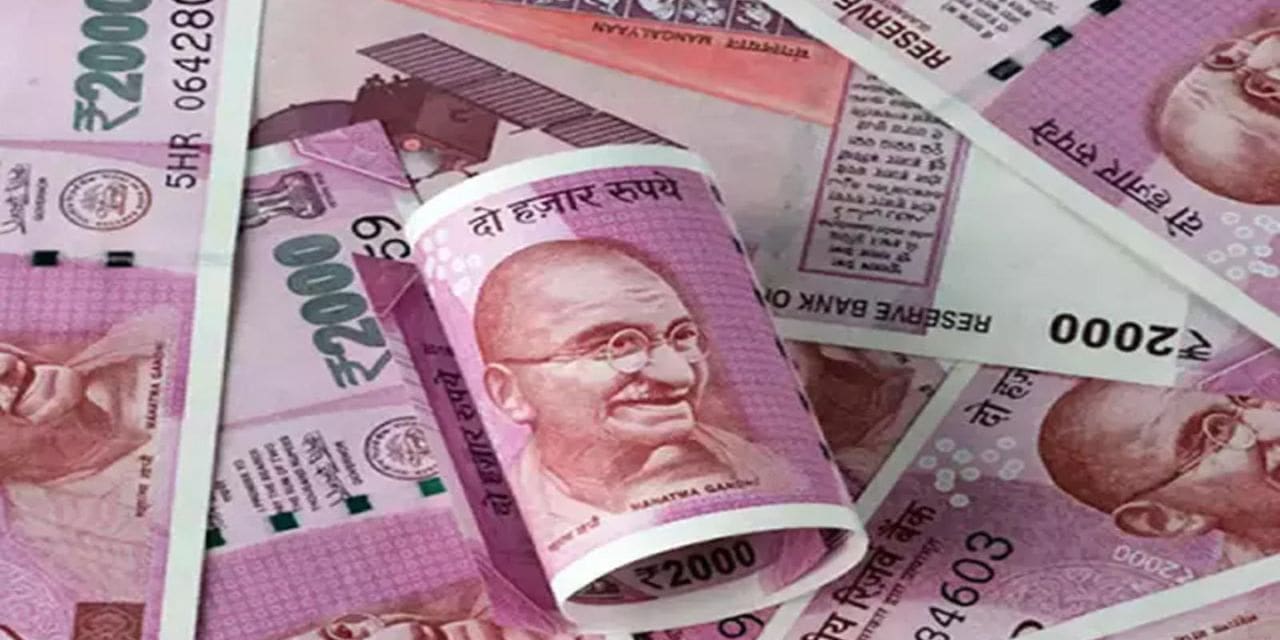The Reserve Bank of India, through a circular dated July 11, 2022, (RBI/2022-2023/90, A.P. (DIR Series) Circular No.10), addressing All Category-I Authorised Dealer Banks, informs
In order to promote growth of global trade with emphasis on exports from India and to support the increasing interest of global trading community in INR, it has been decided to put in place an additional arrangement for invoicing, payment, and settlement of exports / imports in INR. Before putting in place this mechanism, AD banks shall require prior approval from the Foreign Exchange Department of Reserve Bank of India, Central Office at Mumbai.
- The broad framework for cross border trade transactions in INR under Foreign Exchange Management Act, 1999 (FEMA) is as delineated below:
(a) Invoicing: All exports and imports under this arrangement may be denominated and invoiced in Rupee (INR).
(b) Exchange Rate: Exchange rate between the currencies of the two trading partner countries may be market determined.
(c) Settlement: The settlement of trade transactions under this arrangement shall take place in INR in accordance with the procedure laid down in Para 3 of this circular.
- In terms of Regulation 7(1) of Foreign Exchange Management (Deposit) Regulations, 2016, AD banks in India have been permitted to open Rupee Vostro Accounts. Accordingly, for settlement of trade transactions with any country, AD bank in India may open Special Rupee Vostro Accounts of correspondent bank/s of the partner trading country.
In order to allow settlement of international trade transactions through this arrangement, it has been decided that:
(a) Indian importers undertaking imports through this mechanism shall make payment in INR which shall be credited into the Special Vostro account of the correspondent bank of the partner country, against the invoices for the supply of goods or services from the overseas seller /supplier.
(b) Indian exporters, undertaking exports of goods and services through this mechanism, shall be paid the export proceeds in INR from the balances in the designated Special Vostro account of the correspondent bank of the partner country.
- Documentation: The export / import undertaken and settled in this manner shall be subject to usual documentation and reporting requirements. Letter of Credit (LC) and other trade related documentation may be decided mutually between banks of the partner trading countries under the overall framework of Uniform Customs and Practice for Documentary Credits (UCPDC) and incoterms. Exchange of messages in safe, secure, and efficient way may be agreed mutually between the banks of partner countries.
- Advance against exports: Indian exporters may receive advance payment against exports from overseas importers in Indian rupees through the above Rupee Payment Mechanism. Before allowing any such receipt of advance payment against exports, Indian Banks shall ensure that available funds in these accounts are first used towards payment obligations arising out of already executed export orders/export payments in the pipeline. The said permission would be in accordance with the conditions mentioned in para-C.2 on Receipt of advance against exports under Master Direction on Export of Goods and Services 2016 (as amended from time to time). In order to ensure that the advance is released only as per the instructions of the overseas importer, the Indian bank maintaining the Special Vostro account of its correspondent bank shall, apart from usual due diligence measures, verify the claim of the exporter with the advice received from the correspondent bank before releasing the advance.

